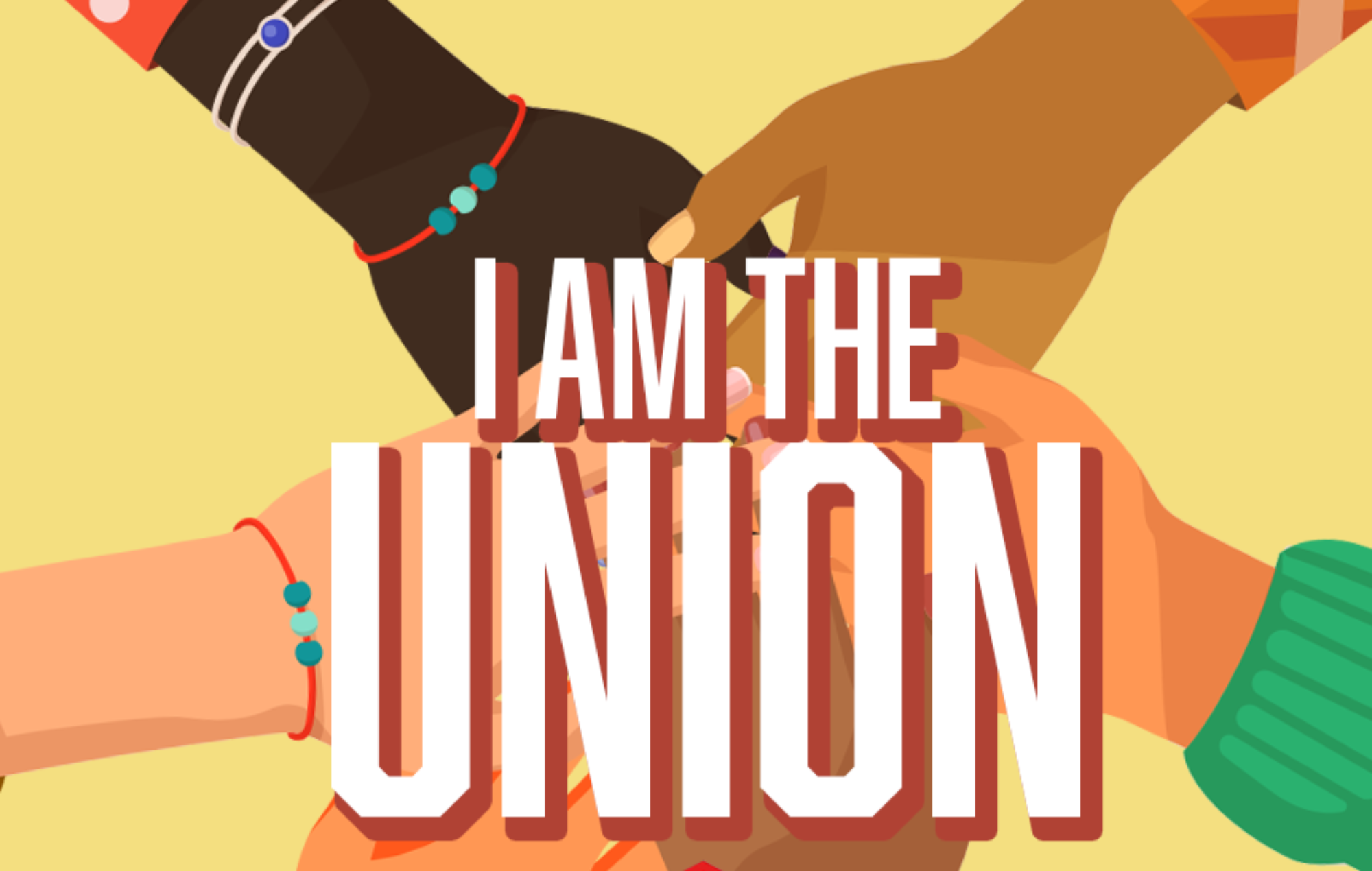Originally Published in US News and World Report, July 1, 2014.
There’s a teacher who used the hit movie “Mean Girls” to engage his students in the themes of power in “Julius Caesar.” There’s a special education teacher who advocated for her students’ inclusion in physical education and music. Another teacher went to child protective services, as she should have, when she suspected one of her students was being abused.
These teachers will tell you they need due process, which is simply the right to a legitimate reason or just cause before you can be fired. Due process gives teachers the latitude to use their professional judgment in their classrooms, to advocate for their students, and to not fear retribution for speaking the truth or teaching controversial subjects like evolution. As political winds shift in school districts, due process also wards off patronage or nepotism. For instance, a teacher in Indiana, where there isn’t tenure, was laid off, allegedly due to budget cuts, but it was an open secret that her administrator wanted to free up the position to hire a friend. Due process would have kept her in the classroom.
Due process is not intended to be a job for life, a cloak for incompetence or a reason for managers not to manage. And yes, where due process laws need to be changed, aligned with good evaluation systems or made faster and fairer, let’s do that.
[GALLERY: Cartoons on the Economy]
If the goal here is to have great teachers for all kids, especially those who are marginalized or disadvantaged, then we share that goal. Nationally, we’ve partnered with the American Association of School Administrators to lay out a due process framework with clear objectives and timelines. It shouldn’t take 10 years to dismiss someone who should be ushered out of the profession. In fact, in our framework, we say that it should take at most a year. Union leaders in Connecticut, New Jersey, New York and Maryland, for example, have worked with administrators and legislators to pass innovative due process laws. Many of our local leaders have negotiated peer review systems where educators share responsibility in ensuring that we are all carrying our load.
Throwing out due process entirely because of a few egregious cases – as the court did in Vergara v. California – would not only be a mistake, but would also backfire in the long run, especially when we are having such difficulties recruiting and retaining the best teachers for our toughest schools. We know that half of new teachers leave the profession within five years. Disbanding these young professionals’ support, and their protection to be innovative and take risks, will only grow this staggering statistic.
The countries that outperform us educationally and the states that do the best all have strong due process systems and strong unions. So let’s do what they do: address the big issues affecting kids.
[READ: ‘Brown’ at 60: Time to Fulfill the Promise]
One in two public school students lives in poverty. Segregation is as prevalent today as it was 60 years ago after the Brown v. Board decision. Our schools have been chronically under-resourced, with many still being funded at recession rates. Warehouses of research tell us that these out-of-classroom factors make up two-thirds of what affects student achievement.
We need an approach that focuses on improving teaching and learning conditions and equity at the same time we’re improving teacher quality. That’s the way we’ll ensure every child has a great teacher. That’s the way we’ll reclaim the promise of public education for all children.

